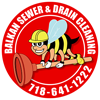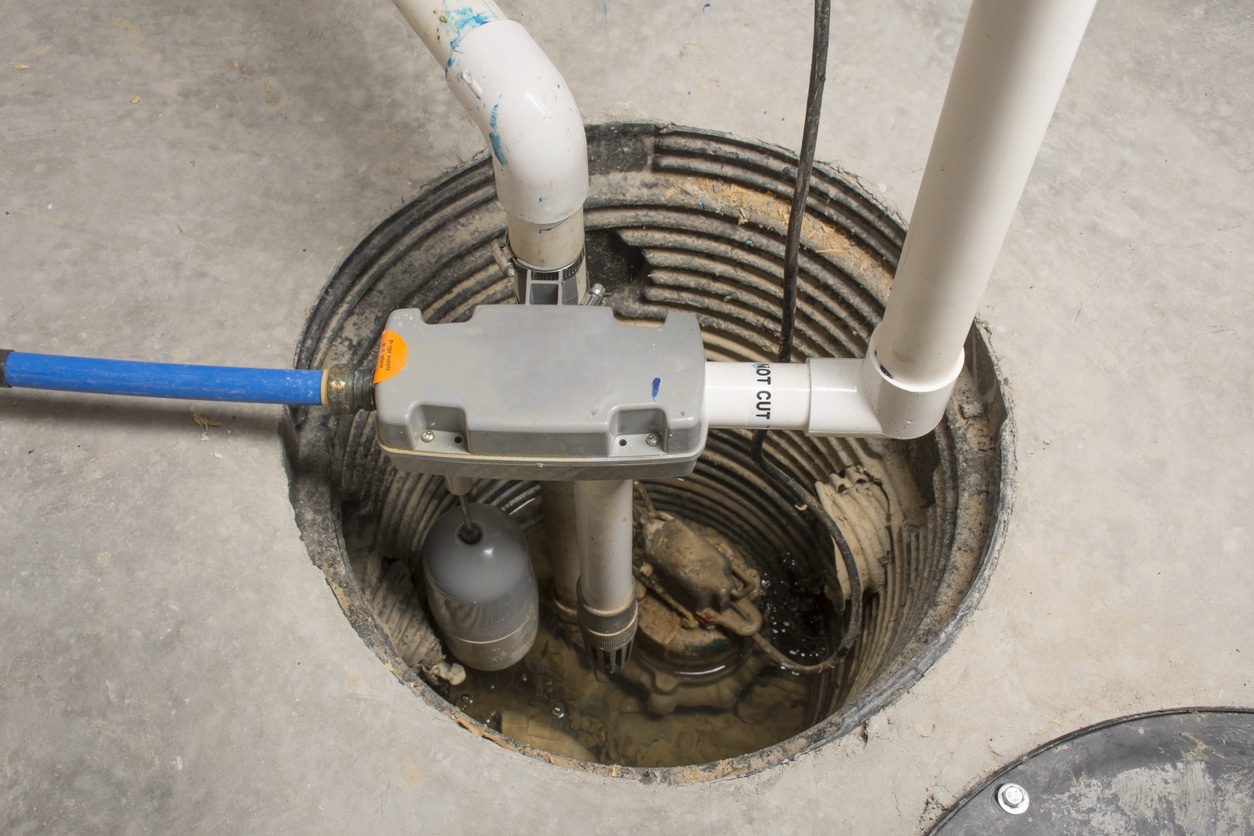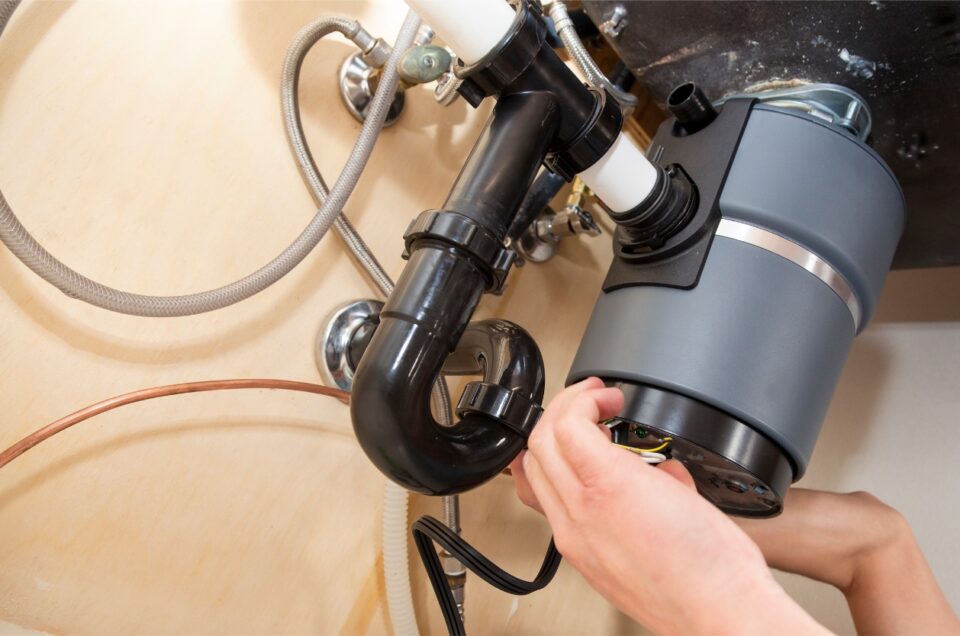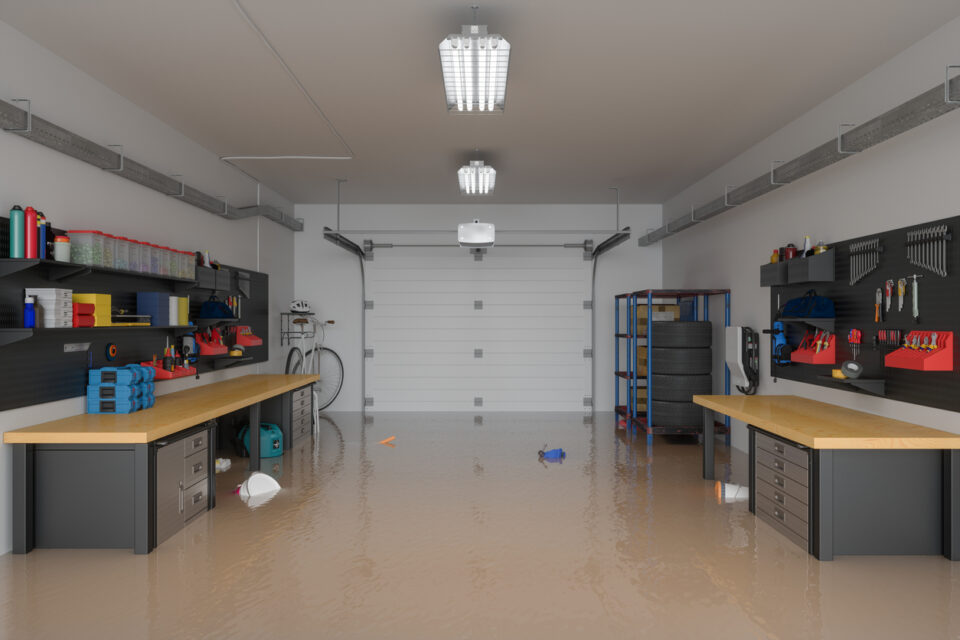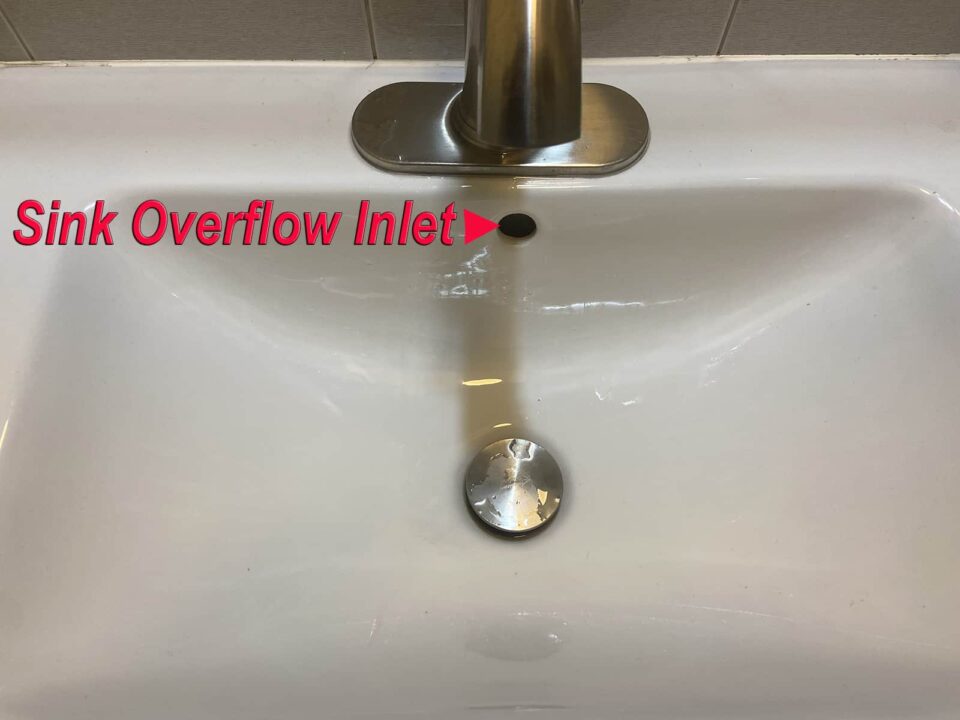Doing proper sump pump maintenance ensures that it’s operational when you need it. They aren’t used very often and can often remain idle for months if not years. Some may only operate when groundwater rises or activate during something more serious like a flooded basement. This is why performing maintenance and knowing how to clean a sump pump every four to five months is essential.
Now, if your sump pump is damaged and you have basement flooding, then we might be able to help. Balkan Sewer & Drain Cleaning can help drain a flooded basement and get you back to a sense of normalcy. This is why it’s important to keep your sump pump maintained. Below are several maintenance tips that you can use to maintain your pump so it works when you need it.
Quarterly Sump Pump Cleaning & Sump Pump Maintenance Tips
When looking for tips and guidance of how to clean your sump pump, you’ll find quarterly and annual things to check on. Every three to five months you should go over the following with your sump pump – the float switch, empty the water basin, and remove any debris from the pump’s basin.
The reason that you want to do these things is that small “clean a sump pump” issues can often turn into big ones. For example, if the sump pump’s float switch doesn’t work, then it won’t come on when the water level rises. That’s something that you would want to know before flooding happens.
Here’s a step-by-step of cleaning a sump pump quarterly checklist.
1. Pump Float Switch
To check the float switch, simply fill the water basin with about four to six gallons of clean water. If the switch works, then the pump will come on and you’ll know that your sump pump works. You need to have it fixed or replaced if it doesn’t. The float switch is the most frequent component that fails to work properly and should be number 1 on your “clean a sump pump” list.
Sometimes the mechanism or the float itself can get stuck. In other cases, the float can get punctured and filled with water. Two very bad things can happen if the float switch does not work: either the pump will not turn on, or it will not shut off and then it will burn out.
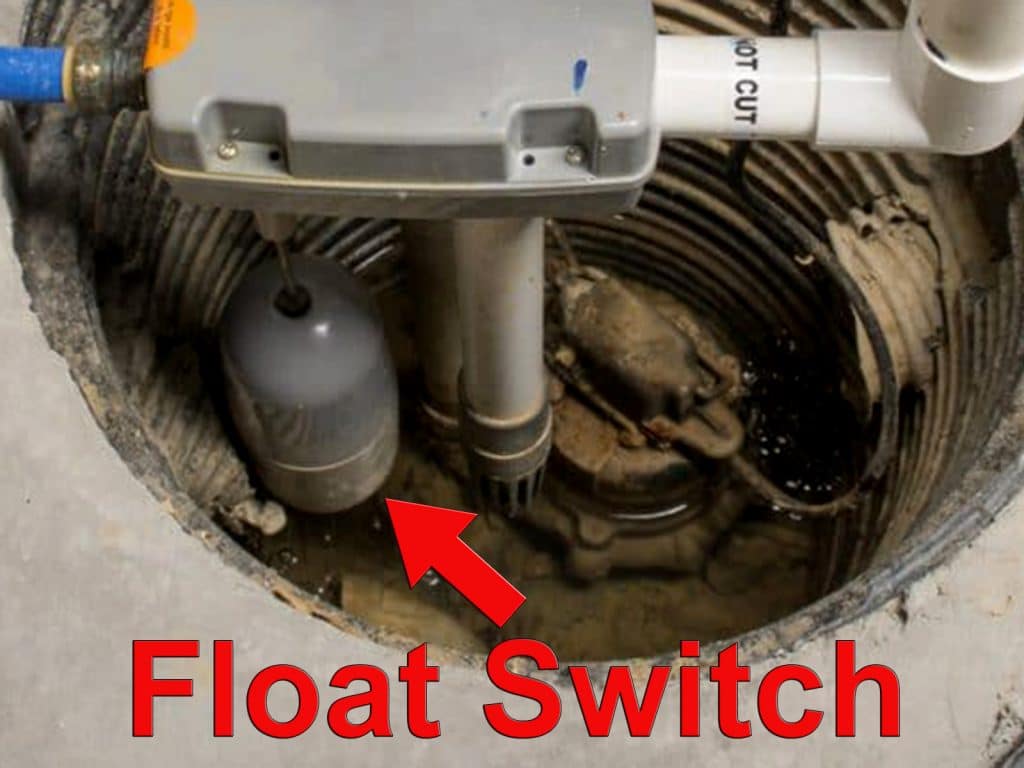
2. Clear the Water Basin (Sump) of Debris
For this step, simply look in the water basin and remove any debris you see. If left unchecked, debris can cause clogs and prevent your sump pump from working. Make sure to also check the inlet screen and keep it clear of any debris. This is an important step if your pump is used more often than others. Depending on the integrity of the sump itself, it can fill with debris without you ever knowing it.
3. Drain the Water Basin
It’s important to unplug your sump pump and drain out any standing water. This is also a good time to check on things like your sump pit and see if it’s too dry or too wet. This can be a bit tricky, but the rule of thumb is to see if anything is out of the ordinary.
When there is standing water, especially if there is a lot of it, it could mean that your pump isn’t operating as it should be. An example of this would be in the photo below. A sump for a pump should never have water that is higher than the float switch itself.
Yearly Sump Pump Maintenance
While doing quarterly checks can prevent a lot of issues, you will still have to check some things on your sump pump every year. These include checking for rust and corrosion, checking for any lubrication points, and checking the pump’s discharge pipe for debris or any other hazards. By following these maintenance tips, you could stretch out the lifetime of your pump.
NOTE: It’s also a very good idea to check on your pump prior to a heavy rainstorm, or a very high tide if you live in a high ground water table.
Here’s a step-by-step on how to do these checks annually.
1. Checking the Bearings for Lubrication
Some pumps have bearings that need lubrication every so often. Sealed bearings do not require lubrication in most cases. This would also be a great time to check the wear and tear of the bearings of your sump pump. If they’re damaged, then have them repaired or replaced ASAP.
2. Check for Rust and Corrosion when You Clean A Sump Pump
A rusty sump pump can clog a discharge line and cause all sorts of other issues. Check the water coming out of your pump and see if it contains rust. You’ll see discolored water so it’s easy to spot. Rust and corrosion are usually a sign that your sump pump will need a replacement. You could try to remove the rust, but sometimes it’s easier to just replace it.
Also, make sure that vital components of the pump are not rusted or corroded. If, for instance, the arm for the float switch rots and breaks, the pump will never function.
3. Check the Discharge Pipe
A sump pump’s discharge pipe can get clogged and this can cause issues with proper drainage. Remove the discharge pipe and see if there’s debris like twigs, mud, rocks, etc. that are clogging the discharge pipe. It’s also a good idea to check the inside of the pipe itself, and not just the opening. Things can easily get stuck halfway through the pipe and it won’t be noticeable right away.
Why are These Checks Important?
Doing maintenance on something like a sump pump is important because it’s very easy to overlook. These types of pumps aren’t used very often so homeowners and small businesses often overlook them because other things come up.
By following the above maintenance tips, you’ll be able to do a few things. First, you’ll be able to catch small problems before they get worse. Second, you’ll know if your sump pump will need replacing before it’s too late. Lastly, you’ll be able to make your sump last a bit longer.
How Long Can a Sump Pump Last?
When homeowners look up “how to clean sump pumps”, they also look into how long the typical pump will last. They typically last for about 10 years. Of course, the quality of the pump has a lot to do with how long it lasts – not all pumps are created equal!
A proper maintenance routine can stretch out a sump pump’s lifetime, but you’ll have to replace it sooner or later. Now, if you don’t do these maintenance tips, your sump pump could go out on you when you need it the most. When this happens, you’re going to need a professional when a sewer or basement clog happens.
Do You Have Clogged Drains or Sewer Issues?
Having a clogged sewer drain can cause a lot of damage to your home or business. Balkan Sewer & Drain Cleaning has been servicing New York City for over 70 years. We service homes, businesses, and commercial buildings as well.
If you have sewer issues and need to have them fixed right away, then contact the Balkan Drain Team today and experience The Balkan Promise.
